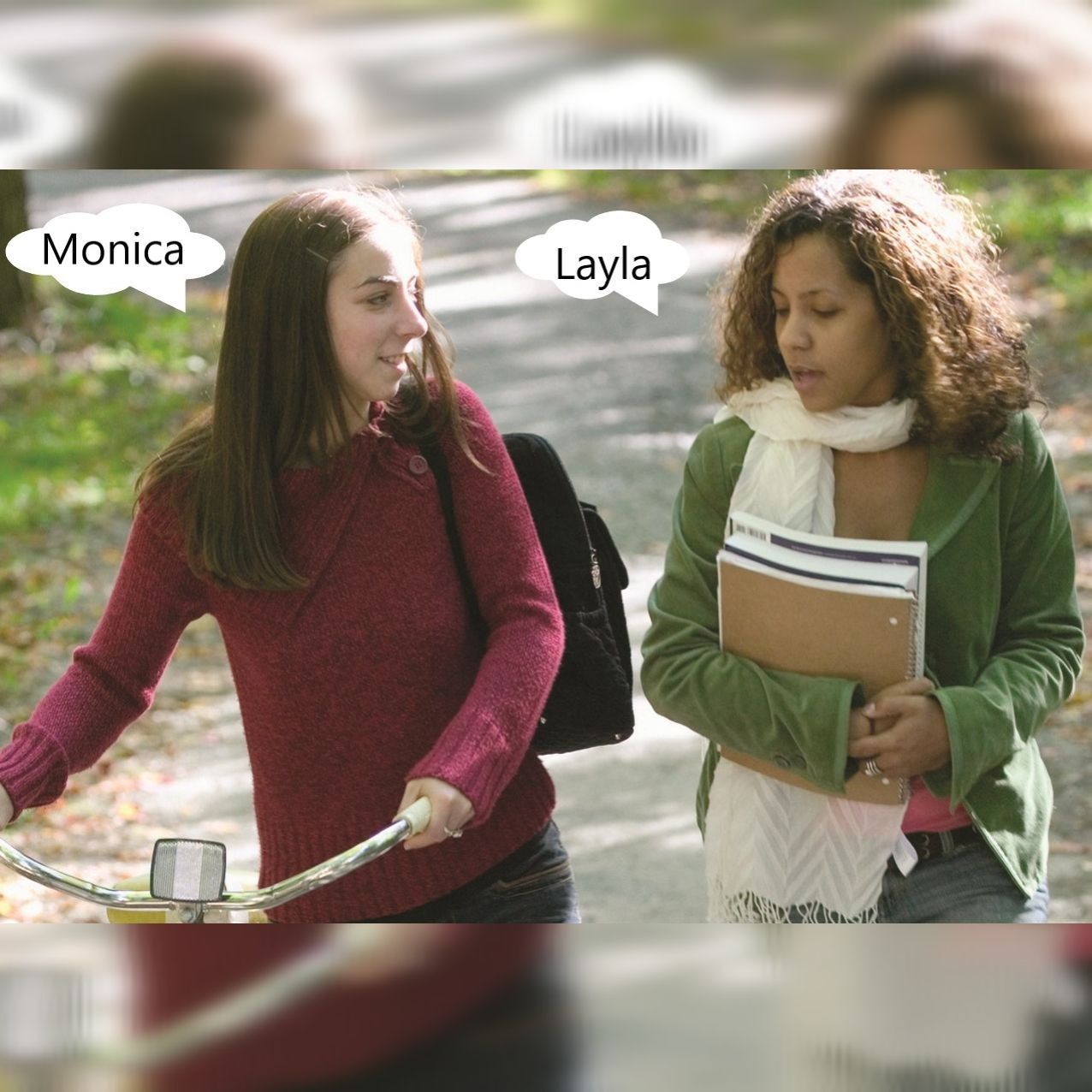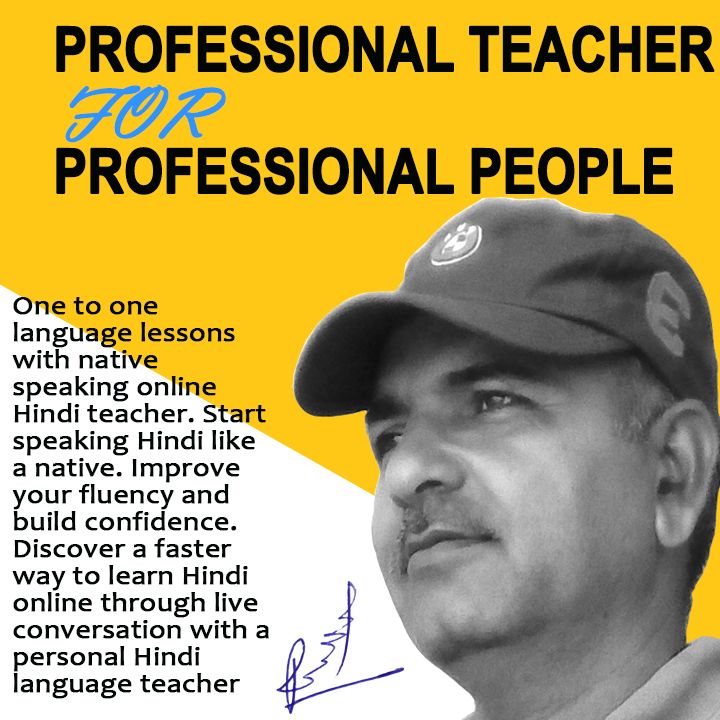搜尋自 英語 {1} 教師……

Day 30 (final) : Giving advice
說明
LAYLA: Thanks for meeting with me during your lunch hour. I
appreciate it.
MONICA: No problem. I’m happy to help. What’s going on?
LAYLA: Oh you know, the usual. Should I take this new job? Or do I
stick with my current one?
MONICA: Well, I think it’s time for a change, don’t you? They pay you late
and you are unhappy.
LAYLA: Do you really think so?
MONICA: I know so. And I’ve been listening to you complain for over a
year now. Trust me. Take the job. What do you have to lose?
LANGUAGE NOTES
• In formal conversation, giving advice is often suggested through modals: ought to/
should / could / If I were you. In informal conversations people tend to use words such
as I think that/ I feel that/ in my opinion.
• Listen for the emphasis on I know so and Trust me. These common phrases can be
used to convey both positive and negative emotions. “I know so” conveys a deep belief
or certainty. “To know” shows more certainty than “to think.”
• Notice the use of command forms: Take the job. /Trust me./ Go for it! The command
form can be used to gently persuade someone
Podcast 頻道
English Conversation practice (30-day challenge)
創作者
Podcast全集

Po polsku_005_U cioci na imieninach

Advanced Chinese Listening Comprehension:社交媒体与抑郁症的关系

Yunus Emre 1. Bölüm

OET Speaking Roleplay Practice 3: Medicine (Diabetes Checkup)

Las medias de los flamencos

15 uses of 'for' in Hindi

The Accident that Changed my Life

The Adventures of Odyssea: Ch 7.4 - Ithaca (end of story)
熱門集數

Po polsku_mini podcast
Po polsku_005_U cioci na imieninach

HSK 5 & Superior Soundscapes
Advanced Chinese Listening Comprehension:社交媒体与抑郁症的关系

Turkish Stories
Yunus Emre 1. Bölüm

Kev's English Podcast
OET Speaking Roleplay Practice 3: Medicine (Diabetes Checkup)

Cuentos para aprender español
Las medias de los flamencos

Hindi Station Of India
15 uses of 'for' in Hindi

English Learner's Boost
The Accident that Changed my Life

Learn English with Stories
The Adventures of Odyssea: Ch 7.4 - Ithaca (end of story)